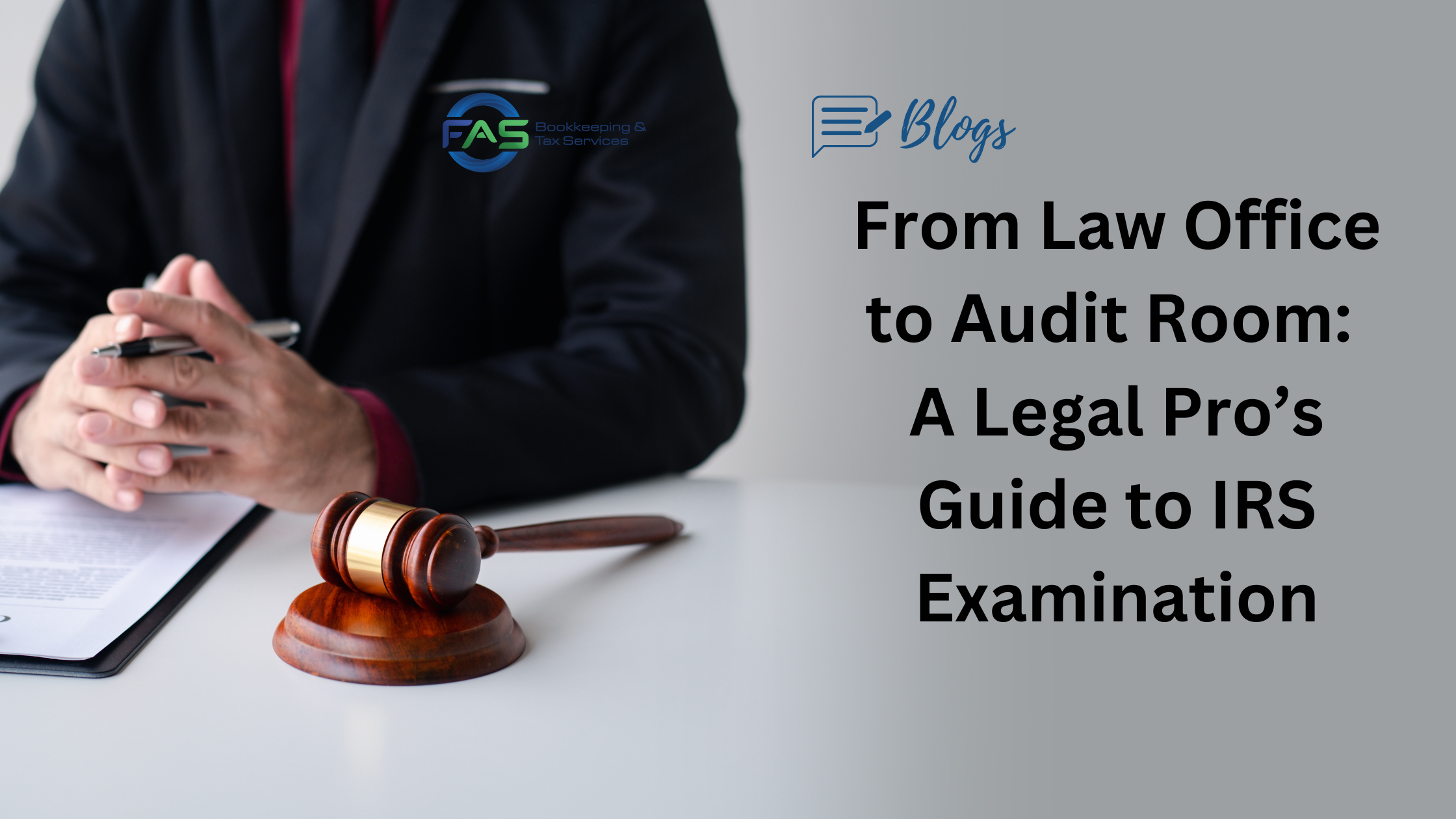The Questions You Can’t Afford to Skip
Hiring a bookkeeper is a critical decision for your business. A professional bookkeeper ensures your financial records are accurate, compliant, and organized—key factors for business success. However, not all bookkeepers are created equal. To find the right fit, you’ll need to ask the right questions to assess their bookkeeping skills, accounting education, and ability to meet your business’s needs.
This blog outlines the key questions you should ask during the hiring process to ensure you hire a competent, professional bookkeeper with the education and expertise to support your business.
-
What Certifications or Training Do You Have?
Why Ask This: Certifications demonstrate a bookkeeper’s commitment to their craft and their ability to meet industry standards.
Look For:
- Certified Bookkeeper (CB) through the American Institute of Professional Bookkeepers.
- QuickBooks ProAdvisor or Xero certification.
- Formal accounting education, such as a degree or diploma in accounting or finance.
Sample Question:
- “Are you certified in bookkeeping or accounting software, and can you provide proof of your certifications?”
-
What Industries Have You Worked With?
Why Ask This: Industry-specific experience ensures the bookkeeper understands the unique financial challenges and requirements of your sector.
Look For:
- Relevant experience in industries like retail, construction, or e-commerce.
- Familiarity with niche requirements such as inventory tracking, cost analysis, financial ratio analysis.
Sample Question:
- “Have you worked with businesses in my industry? If so, can you provide examples of how you’ve helped similar businesses?”
-
What Accounting Software Are You Proficient In?
Why Ask This: Software expertise ensures efficiency and accuracy in managing your books.
Look For:
- Proficiency in tools like QuickBooks, or other accounting software.
- The ability to integrate software with other business tools like POS systems or CRMs.
Sample Question:
- “What accounting software are you most experienced with, and how do you stay updated on new features?”
-
Can You Explain Key Financial Concepts?
Why Ask This: A skilled bookkeeper should be able to explain financial statements and concepts clearly.
Look For:
- Ability to explain reports like profit and loss statements, balance sheets, and cash flow statements.
- Confidence in identifying and resolving discrepancies.
Sample Question:
- “How would you explain a profit and loss statement to someone with no accounting background?”
- What do you think is the most important financial report to track business performance?
-
How Do You Ensure Accuracy and Prevent Errors?
Why Ask This: Attention to detail is essential for maintaining clean financial records.
Look For:
- Use of double-entry bookkeeping systems.
- Regular account reconciliation and error-checking processes.
Sample Question:
- “What steps do you take to ensure the accuracy of financial records?”
-
How Do You Stay Updated on Tax Laws and Compliance?
Why Ask This: Tax laws change frequently, and a knowledgeable bookkeeper ensures compliance to avoid penalties.
Look For:
- Look for qualifications such as Enrolled Agent certification.
- Regular training or continuing education on tax regulations.
- Awareness of industry-specific tax deductions or credits.
Sample Question:
- Are you an Enrolled Agent?
- “How do you keep up with changes in tax laws, and how do you ensure compliance with my business’s filing requirements?”
-
Can You Provide Financial Insights and Recommendations?
Why Ask This: A professional bookkeeper doesn’t just record numbers—they offer insights to improve your financial health.
Look For:
- Ability to identify trends, cost-saving opportunities, and growth strategies.
- Experience in creating budgets or financial forecasts.
Sample Question:
- “How do you use financial data to provide actionable recommendations for a business?”
-
Can You Share References or Case Studies?
Why Ask This: References offer insight into the bookkeeper’s reliability and professionalism.
Look For:
- Positive feedback from previous clients or employers.
- Success stories of businesses they’ve helped grow or streamline financially.
Sample Question:
- “Can you share references or examples of how your work has benefited other businesses?”
-
What Is Your Availability and Communication Style?
Why Ask This: A bookkeeper who fits seamlessly into your operations ensures smoother collaboration.
Look For:
- Availability to meet deadlines and respond promptly to inquiries.
- A communication style that matches your preferences (email, in-person meetings, etc.).
Sample Question:
- “How do you communicate updates or concerns, and how often will you provide reports?”
-
How Do You Handle Confidentiality and Security?
Why Ask This: Bookkeepers handle sensitive financial data, so trust and discretion are critical.
Look For:
- Clear policies on data confidentiality and secure handling of records.
- Use of encrypted software or secure systems for document sharing.
Sample Question:
- “How do you ensure the confidentiality and security of my financial data?”
Conclusion: Ask the Right Questions to Find the Right Bookkeeper
Hiring a bookkeeper is more than just finding someone to manage your transactions—it’s about finding a trusted partner who can help your business thrive. By asking these questions, you’ll ensure that you’re hiring someone with the skills, education, and experience to handle your finances professionally.
Call-to-Action
Looking for a certified, experienced bookkeeper to support your business? Contact us today for a consultation and discover how our bookkeeping services can provide the expertise and peace of mind you need to grow.





